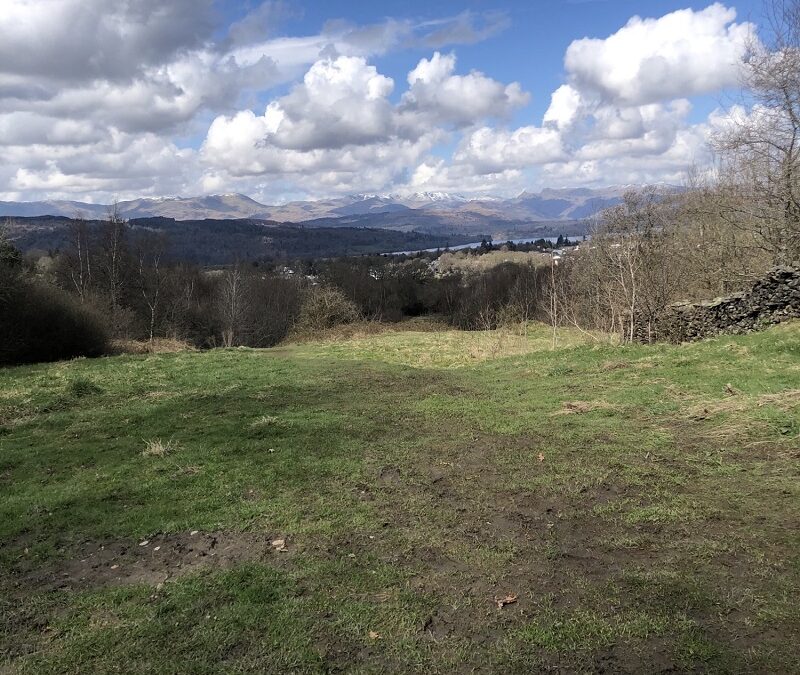This post was written by Zach Marshall, who completed an internship at the IHR in August 2023, working on the Bibliography of British and Irish History (BBIH), Reviews in History and On History.
From a young age, history fascinated me, from looking at old family records, to reading books on the Wars of the Roses, even watching Horrible Histories. It came as no surprise to anyone, therefore, when I decided to study the subject at an undergraduate level. Coming out of lockdown and being able to interact with people again has certainly been a change, and with this meant the ability to go to libraries again. In this post-lockdown age, I have adapted to being online and this was no different to my studies, so this possibility was a welcome one, the smell of old books and the cosiness of a library being denied to me by the pandemic.
I wasn’t entirely sure what career I wanted to go into after university, but I did want to go into the legal field eventually, doing the conversion course after my undergraduate. I knew I needed to have experience and the best way to do this was with work experience and placements. Research is a key part of a history degree, and also a legal career, and so this internship with the Institute of Historical Research (IHR) seemed like the perfect thing to do, even as something to diversify the CV and so something very interesting.
It has certainly been an honour, being able to have a first-hand look into the possibility of a profession in history, something that I had considered, and now feel, at least, a bit more inclined to pursue. The internship was delivered more online, which certainly gave me a lot more flexibility to work on the projects with Reviews in History, On History and BBIH. These gave me a glimpse into historical academia that had so far alluded me. I also had online meetings throughout my month in the IHR with some of the editors of their resources, including British History Online, Victoria County History and the IHR’s journal Historical Research. I also met with the directors of the IHR and History and Policy. These too helped me to formulate a better understanding of what the Institute did, and I am glad for the help I was given, every one of them helpful and friendly.
During the internship I did have the fortune of being able to visit the IHR in London. On the first day, I was shown around, from the grand marble entrance that seems to have come straight from the Parthenon, through to the far more modern interior and past the vast collections of books. Being about to enter my third year, the summer has been a time to start my dissertation research and the IHR Library has been a prime tool. The entire bottom floor is dedicated to military history, a veritable treasure trove of books that I took great delight in choosing from, finding some cosy corner with a desk and light to start to read and formulate a plan. Approaching my dissertation has been a little daunting but the books and journals on hand in the IHR Library have made it a decidedly exciting experience. I felt like some medieval scholar, or monk, delving through thousands of pages to find the support I need for my argument.
The study of history is of course a very important thing, but its actual real-life application was something that I did not know much about until this internship. Speaking to staff at the IHR who were very much ahead in academia, I learned that the dissertation would be the least of my worries compared to further works. So, like a student, instead of dwelling, I focused on my dissertation. How would I go about the writing? I had been taught to separate it into three separate questions, and I had that in my mind as I went through the IHR Library’s collections, working through many books about the eighteenth century. Amongst these I found books focusing on the political, social , and wider military issues of the time, not to mention the wars of the Napoleonic Era themselves with the wars of the coalitions, the fall of Napoleon and his exile to Elba, and his fateful return bringing on the Hundred Day’s War and the Battle of Waterloo. This period was also a time of great societal change, and this bought me to a completely different sections of the IHR Library that focused on the long history of Britain and Ireland, and all the change that occurred. I also foundbooks from the French and Spanish perspectives of the time, allowing for a more complete picture. Though these are not in the scope of my dissertation, there were many topics and times represented, making me convinced the IHR Library collections would be a useful tool for anyone who came there.

Zach Marshall is a final year history student at the University of Leicester, who plans to do a law conversion after his degree.
LinkedIn: Zach Marshall

